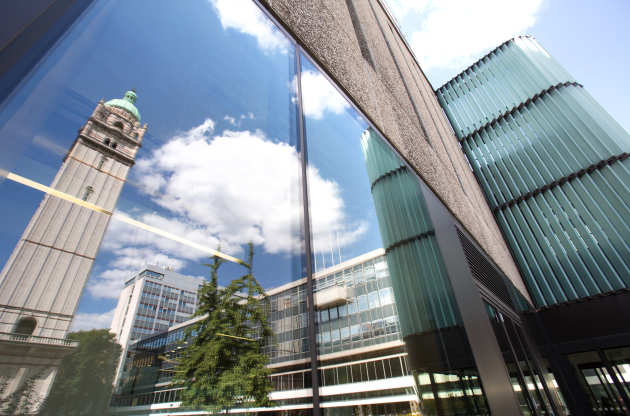In some disciplines there are very clear expectations about the form your dissertation should take and there are often templates available.
Here is some general advice:
 Think through the “narrative” of your dissertation before you start writing.
Think through the “narrative” of your dissertation before you start writing.- Always take care to make the aims/goals/themes of the work clear.
- Before starting to write up, read a previous dissertation from your course from front to back.
- This will give you an indication of the level of quality you are expected to produce. Ask your course coordinators to make a selection of previous high quality theses available.
- A dissertation should be accessible to any "reasonably competent professional" in your field, but may be read by people outside of your chosen discipline. Bearing that in mind, you should ensure that your dissertation can be understood by a wider audience, particularly your abstract, introduction or conclusions.
Help and more specific advice on academic writing is available from the Centre for Academic English and the Library webpages.
The Graduate School also runs courses on how to master your dissertation.
Referencing
It is important that you reference all materials you use accurately, whether you quote directly, paraphrase, or simply make mention of them (and you should not rely upon or ‘borrow’ the work of fellow students). If you do not reference accurately, this may be interpreted as plagiarism. This is a serious academic offence, and will result in some form of sanction, depending on severity.
You need to be aware that the College uses Turnitin to check assessed work for similarity with previously submitted papers and other online sources. Your department will tell you if your work will be submitted to Turnitin, and will provide you with further information about plagerism. The Library webpages also provide guidance on plagerism awareness and reference management software.
One of the most effective uses of your time can be to learn how to use suitable software for the management of references. This software enables you to record details of material you read in your own personal database and will allow you to import all the correct referencing information you need into your work in whatever format is required. This will save you valuable time when you have to insert citations and write reference lists and bibliographies.
Checking your work
Last - but definitely not least - please ensure that you proofread your dissertation very carefully before submitting it. Sloppy editing can be extremely irritating to examiners and readers, and will result in a worse assessment even if the content is of good quality.